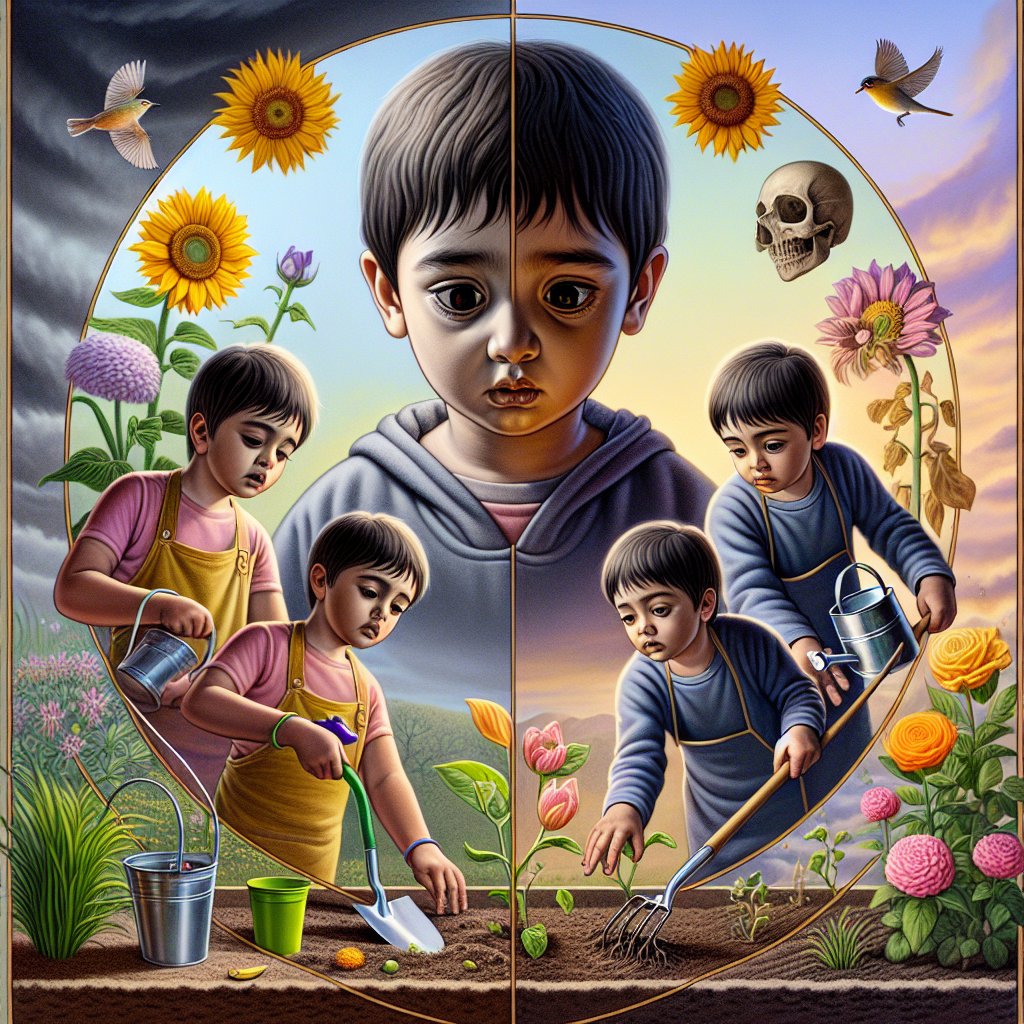Content created by AI
Cultivating Growth: How Gardening Nourishes Children’s Development
Nikki Bush, a noted parenting and human potential expert, recently shared illuminating insights into childhood development during a conversation with Gugs Mhlungu. The discourse, vibrating with the richness of horticultural metaphors, shed light on the deep-rooted lessons that children can absorb from the act of gardening. Far beyond a pastime, gardening is heralded as an essential hands-on experience that sows the seeds of wisdom in young minds, teaching them invaluable life lessons.
Children embody the quintessence of curiosity and learn most effectively through concrete experiences that engage all their senses. While conventional classroom education primarily involves auditory learning, it is the tactile, olfactory, and visual stimuli provided by activities such as gardening that truly enhance a child's understanding of the world. As Bush outlines, tending to a garden acquaints children with the cyclical nature of the seasons, the necessity of patience and care, while subtly instilling the virtue of responsibility.
The understanding of seasons through gardening serves as a perfect analogy for realizing there is a rightful time for every action in life. Kids learn that just as plants require the right season to grow, life too has seasons of growth, change, and harvest. This also imparts a lesson in delayed gratification — waiting for the seeds to sprout and mature into beautiful blooms or delicious produce.
Moreover, the process of weeding a garden doubles as a metaphor for personal growth, emphasizing the importance of shedding negative influences, just as weeds are removed to allow plants to flourish. Children learn that in life, similar diligence is required to maintain a positive environment for their personal development.
Caring for a garden transcends beyond the mere act of nurturing plants; it is a reflection of self-care and compassion towards others. Watering, fertilizing, and shielding plants from harm instruct children on the essentials of caring for oneself and extends that attitude to caring for their community and the environment.
The garden also becomes a gentle teacher of the harsher realities of life, including the concepts of life and death. Through the natural process of plants thriving and experiencing life cycles, children learn to view these phenomena as intrinsic parts of existence rather than as distant or frightening concepts.
Gardening, with its myriad of educational twists and turns, provides a framework for touching upon the more difficult conversations about life's profound topics, with death becoming a normalized part of the cycle, rather than an abstract fear.
The life lessons that children harvest from the garden are as varied and vibrant as the gardens they tend to. It teaches them to ponder, care, and connect, tying them to the very cycle of life it embodies.










